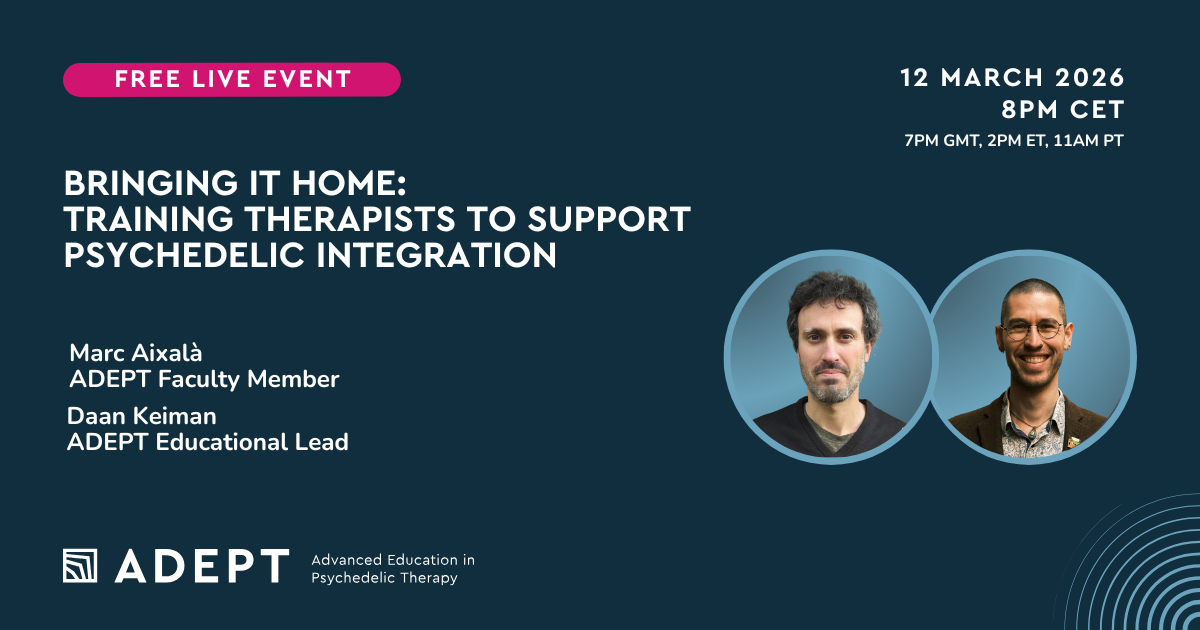Abstract
MDMA is a stimulant with unique “prosocial” effects, the physiological and pharmacological mechanisms of which are unknown. Here, we examine the relationship of measures of parasympathetic and sympathetic nervous system activity to the prosocial effects of MDMA. Parasympathetic activity was measured using respiratory sinus arrhythmia (RSA) and sympathetic activity using pre-ejection period (PEP). Over three sessions, 33 healthy volunteers received placebo, 0.75 mg/kg, and 1.5 mg/kg MDMA under counterbalanced, double-blind conditions, while we measured subjective feelings, RSA, and PEP. RSA and PEP data were available for 26 and 21 participants, respectively. MDMA increased prosocial and stimulated feelings, decreased RSA, and decreased PEP. At 1.5 mg/kg, subjective prosocial effects correlated with stimulated feelings and PEP, but not RSA. This suggests sympathetic, rather than parasympathetic, effects relate to the prosocial effects of MDMA.
Clark, C. M., Frye, C. G., Wardle, M. C., Norman, G. J., & Wit, H. (2014). Acute effects of MDMA on autonomic cardiac activity and their relation to subjective prosocial and stimulant effects. Psychophysiology. https://dx.doi.org/10.1111/psyp.12327













